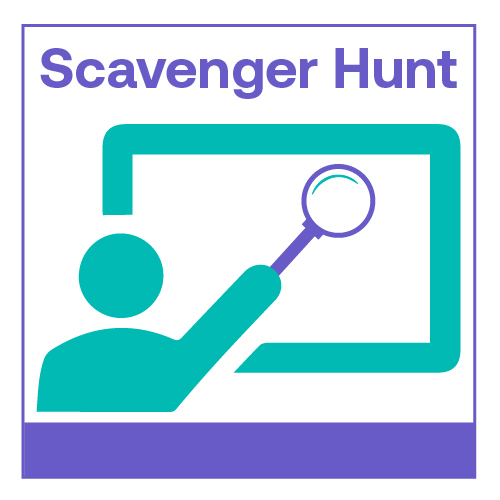
Automation Technologies
Large-scale whole-genome sequencing of SARS-CoV-2 at the Sanger Institute: The COVID-19 Genomics UK consortium
- LS
Lesley Shirley, -
Senior Staff Scientist
Wellcome Sanger Institute
cambridge, England, United Kingdom
Primary Author - December Poster(s)
Large-scale whole-genome sequencing of SARS-CoV-2 at the Sanger Institute: The COVID-19 Genomics UK consortium
Lesley Shirley1, Scott Thurston1, Naomi Park1, Emma Betteridge1, Andrew Sparkes1, Iraad Bronner1, Ben Farr1, Richard Livett1, Vernon Jones1, Ian Johnston1
1. The Wellcome Sanger Institute, Hinxton, Cambridge, United Kingdom
The COVID-19 Genomics UK consortium (COG-UK) is an initiative to understand the evolution and transmission of the SARS-CoV-2 virus through large-scale sequencing.
At the Wellcome Sanger Institute (WSI), we have been developing and scaling a robust automated pipeline for the rapid production of SARS-CoV-2 libraries to support multiplexed sequencing on the Illumina NovaSeq platform at an unprecedented scale.
The institute receives a daily delivery of nucleic acid extracts from the UK’s network of COVID-19 testing laboratories. From each daily cohort, 7,144 positive COVID-19 samples are identified for genomic sequencing according to a set criteria, which includes a geographically balanced representation of the samples collected in the UK. These selection criteria are implemented using a bespoke, autonomous cherry-picking platform with integrated data handling, which is centred around a Beckman Biomek i5.
Multiplexed PCR libraries are subsequently prepared in 384-well plates, central to this process are the SPT Dragonfly Discovery and Mosquito LV Platforms, which enable accurate, scalable and inexpensive processing. Hamilton platforms are used to drive equivolume pooling of indexed libraries, and final quantification of the multiplexed pools is established via a qPCR assay. Typical turnaround time from sample receipt to completion of sequencing data upload is 4 days, with samples meeting a broad range of target performance metrics.
Since the initiation of the project in March 2020 WSI have successfully sequenced in excess of 750,000 SARS-CoV-2 virus genomes, which have been uploaded to the CLIMB (Cloud Infrastructure for Microbial Bioinformatics) platform.
Recently, there has been a focus to increase the pipeline capacity to process > 64,000 samples per week with a surge capacity of up to 80,000. To enable operation at this scale we have engaged with Biosero to design an enhanced cherry-picking solution. The bespoke Biosero work cells contain a traditional liquid handler and a collaborative robotic arm to offer a number of improvements:
• 2-fold increase in processing capacity
• A significant reduction in hands on time
• A dynamic solution which can adapt to support future scaling requirements
 View Leader Board
View Leader Board
SLAS Events

1st Prize - Comp Reg + Hotel/Airfare to SLAS2023 in San Diego
2nd Prize - $50 Starbucks Gift Card
3Rd Prize - $25 AMEX Gift Card
Keep an eye on the leader boards to see who’s at the TOP. Winners will be announced after SLAS2022.
Each participating poster in the exhibit hall will have a QR code next to it. For virtual participants, look for the scavenger hunt icon for participating posters.
